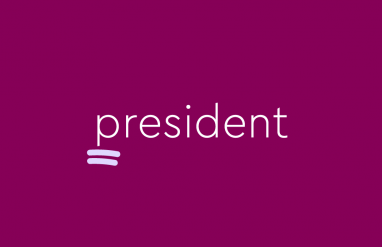Even though it feels natural to English speakers, capitalizing I is unusual. In fact, English is the only language that does it.
Germanic and Romantic languages typically have some conventions for capitalizing proper nouns, like Deutschland (in German) or Place de la Concorde (in French), but English is the only one that insists on capitalizing the personal pronoun.
If you still don’t think it’s weird … then why don’t we capitalize we?
The history: how did we start capitalizing I?
It turns out that this unusual convention was a bit of an accident. In Old and Middle English, the word for I was closer to its German cousin ich, and it was often spelled ic. At this point, the word was not capitalized. However, the pronunciation changed over time and so did the spelling, losing the consonant C.
At first, the new word i was left lowercase. By the late 1300s, the personal pronoun I was slightly taller than its lowercase equivalent. From that point on, it was typically capitalized.
Reasons why I is always capitalized
Hard to believe, but there were no rules for capitalization until the 1700s. For a long time, it was common to mix lowercase and capital letters within a word, the latter used to add emphasis. Historians now attribute the capitalization of I as a result of two factors:
- The lowercase i is difficult to read: By capitalizing I, it makes it more clear that the letter is intended to stand alone.
- An uppercase I symbolizes importance of the writer: The I has retained the capitalization because it also gives added weight to this pronoun used to describe the individual writer. Some languages do capitalize different pronouns, such as the German formal you (Sie).
Why do we capitalize I and not me?
As capitalization rules evolved after the invention of the printing press in the 1700s, the letter I retained its capitalization, but none of the personal pronouns received the same special treatment. The letter I continues to be capitalized because it is the only single-letter pronoun. Because the pronouns I and me have different uses, it’s easy to distinguish between the two in terms of capitalization rules.
Are there other single letter words in English?
The only other accepted single-letter word in English, a, is a larger presence on the page. Its appearance isn’t as offensive as the thin lowercase i.
Today, though, some of us are regressing. In e-mails and instant message conversations, capitalization conventions are backsliding. Do you think the capitalized I will go extinct?
WATCH: How To Use Personal Pronouns














